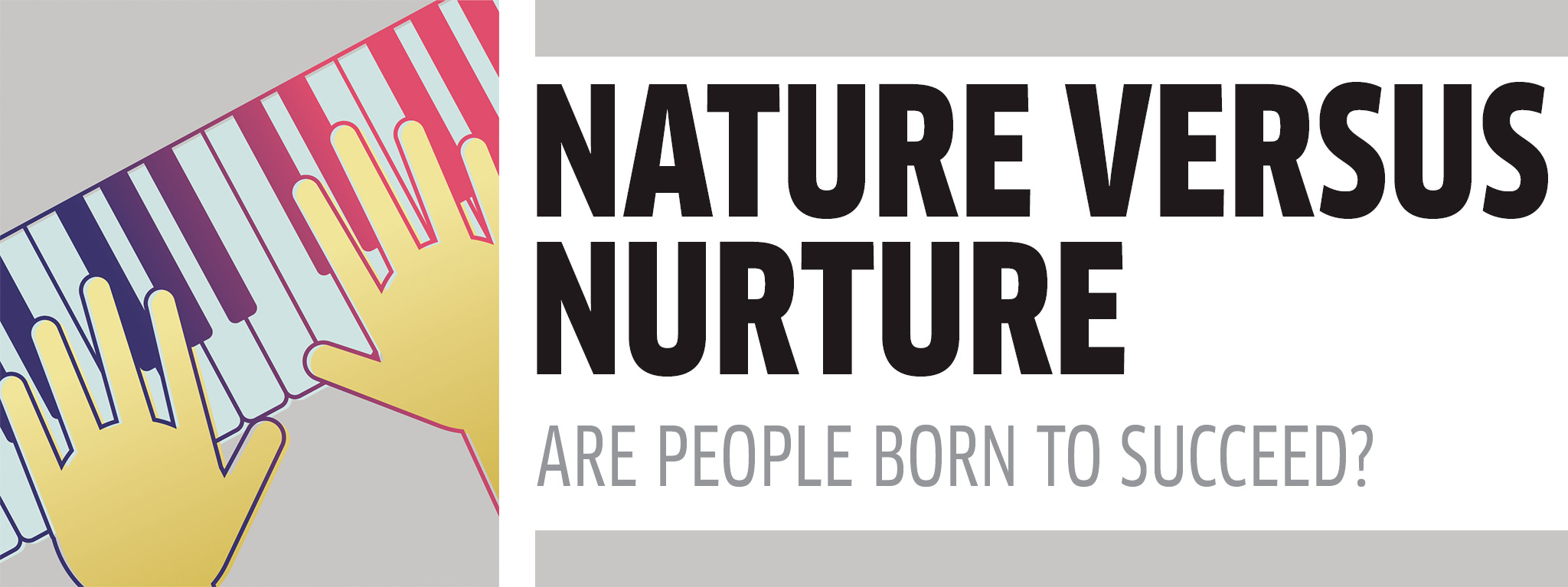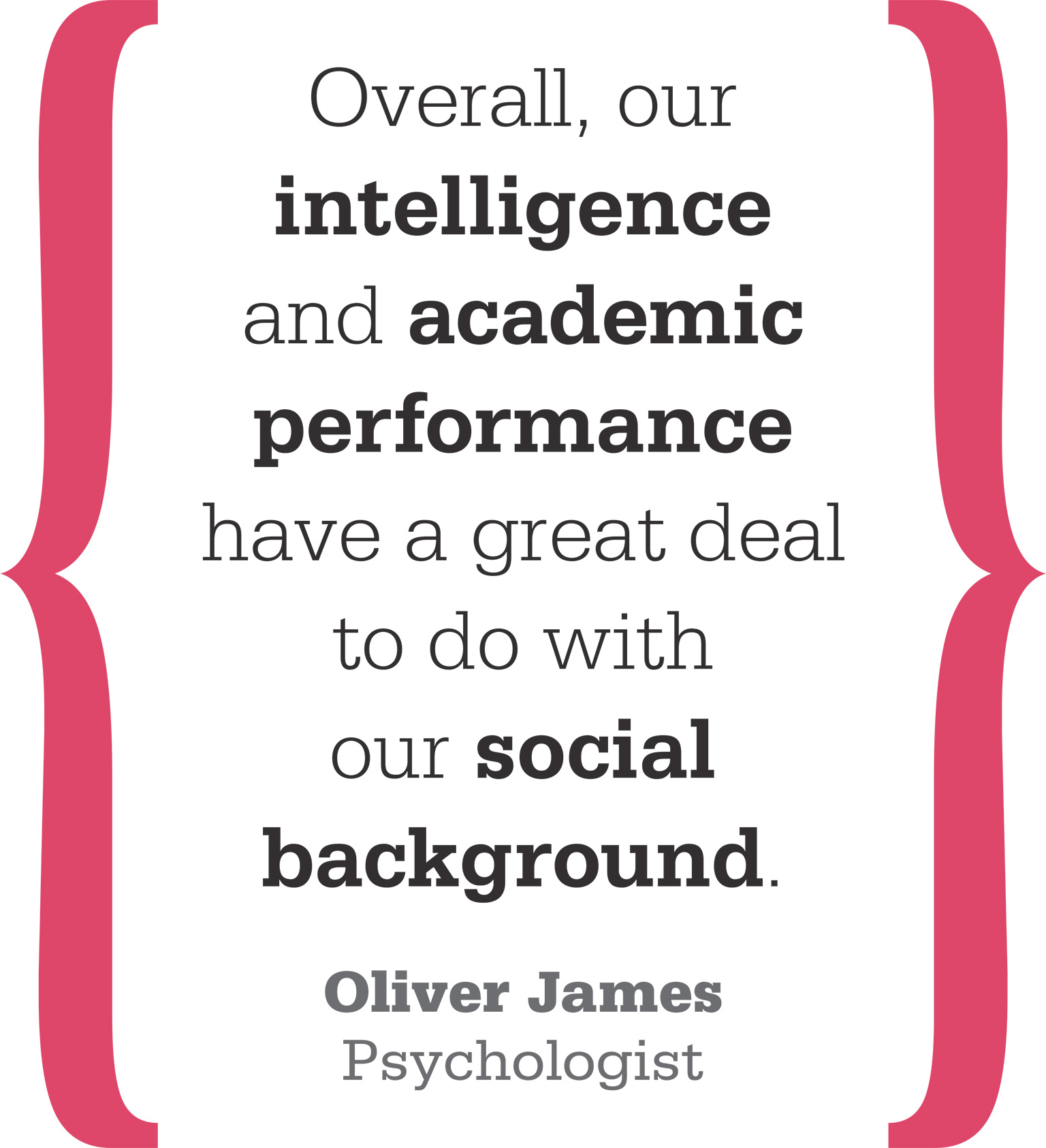
Psychologists talk about cultivating your strengths; leaders talk about working hard. Where do we find the balance between natural ability and self-improvement? The best course is to appreciate the value of both.
The phrase “practice makes perfect” is a good starting point on the path to success. But what can we realistically expect from ourselves when it comes to natural talent versus hard work?
10,000 hours?
You may be familiar with the theory that to get good at anything you need to put in 10,000 hours of practice. First proposed by Swedish psychologist K. Anders Ericsson, the idea was popularized by Malcolm Gladwell’s 2008 book Outliers. In fact, the data suggests it’s a bit more complicated.
Ericsson himself stated in 2012 that he didn’t intend to deny that genetics may also play a part, only to say that the evidence hadn’t been found yet. He also stressed that 10,000 is only an average, and that the practice has to be dedicated, intensive, and systematic. In the meantime, other studies have queried his findings. A 2014 analysis of a number of independent studies found that practice, on average, accounted for as little as 12 percent of skill mastery and later success.

Musical twins
A 2014 study by Swedish neuroscientist Miriam Mosey found that, when it came to musical ability—one of the key abilities Ericsson was testing—of over 1,000 pairs of identical twins, practice made surprisingly little difference to basics such as a sense of pitch and rhythm. (One twin had practiced over 20,000 hours more than his brother, without dramatic difference.) She added that practice could improve a person’s technical skills, but that the twin studies suggested that both nature and nurture impact musical acumen.
The power of flow
How do we get good at things? Neither genes nor practice are the whole story: on their own, neither will take us all the way. What may be more productive is to find a mental space where we can experience a sense of “flow.”
“Flow” is part of the “PERMA” scheme of happiness. A 2013 American study draws an interesting distinction between “pleasure” and “engagement.” When seeking pleasure, we look to gratify ourselves, whereas when we’re engaged, we lose ourselves because we’re so absorbed in what we’re doing: that’s “flow.” It’s also a key to success: the study found that people who pursued pleasure more than engagement were more likely to get distracted, while people who pursued engagement had more “grit”, were more persistent, and were moving toward greater accomplishments.
Positive psychologist Martin Seligman estimates that talent and practice account fairly equally for our ability, but he also draws a distinction between “talent,” inborn and involuntary, and “strengths,” healthy ways of thinking that we are able learn. Practice may never make us perfect at something for which we have no aptitude; in such cases, one answer may be to find trusted collaborators who are able to counterbalance us. When setting out to achieve results that are important to you, engaging in your passion and finding flow will make a difference and enable you to sustain momentum. In so doing, you give your abilities the chance to develop to the fullest.
 born to be happy?
born to be happy?
Positive psychologist Martin Seligman posits that our general level of happiness—an important part of fulfilling our potential—can be encapsulated by this equation:

H stands for happiness: your enduring level of happiness, which is impacted by a combination of three factors.
S is your “set range”: your biological disposition toward positive or negative moods, which accounts for about 40 to 50 percent of your happiness level and seems to operate as an “emotional steersman.” Your choices influence whether positive or negative emotional states take control.
C stands for “circumstances”: whether you live in a wealthy democracy, have a strong social support network, and are able to avoid or keep to a minimum negative situations and feelings.
V indicates the actions under your voluntary control: the actions, choices, and decisions you make each day that affect your level of happiness.
 Testing your strengths
Testing your strengths
Strengths have many elements that define them. With your strengths, you:
- Feel authentic—“This is what I really love.” You don’t have to be good at what you’re doing to begin with: you yearn to keep improving.
- Feel excited when you make even small advances. Do you study people who already do this particular thing well, so you can build your skills in this area too?
- Seek out feedback. When you’re focused on making progress, you ask for feedback from others whenever you get the opportunity.
- Feel energized and enthusiastic when making use of your abilities.
